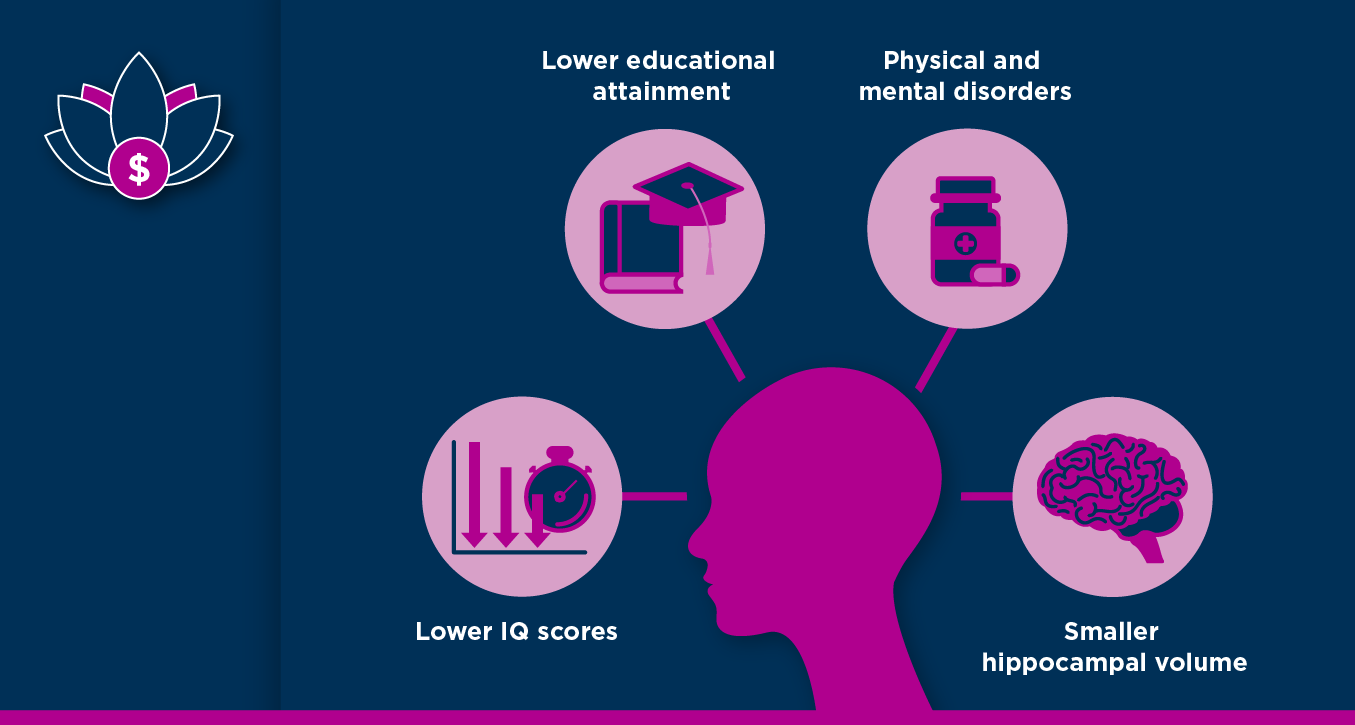The largest study of its kind to date suggests, yes: “Fully 86% said they will likely continue the four-day workweek policy.”

The largest study of its kind to date globally suggests, yes. As NPR’s Planet Money reports, “fully 86% said they will likely continue the four-day workweek policy.”
Charlotte Lockhart, the founder of Four Day Week, the organization behind the experiment in Britain, including 73 companies from financial firms and recruiters to consultants and health care companies: “There is clear evidence around the world that if you reduce work time, you increase productivity,” referencing studies in Iceland, New Zealand, the UK, Belgium and Japan.
The fact that working less can actually drive productivity gains is a critical if counterintuitive insight for U.S. businesses wrestling with how best to navigate our current economic environment in which worker productivity has slowed to levels not seen in almost 100 years, according to the U.S. Bureau of Labor Statistics.
“It forces people to prioritize better and really focus on completing their core work,” says Laura Giurge, a professor of behavioral science who studies wellbeing at the University of Oxford and the London School of Economics. “It is almost like a removal of bullshit tasks or tasks that seem important but aren’t.”
While Four Day Week’s study adds to the growing body of worker productivity research that suggests employers should consider implementing a shorter work week, Esme Terry of the Digital Futures at Work Research Center urges business and human resources leaders to recognize that there is no one formula for increased productivity and wellbeing.
For Terry, flexibility is key. Ultimately, “if employers can be less prescriptive about working hours and potentially place more trust in their employees to manage their own working time, then that’s likely to have benefits.”
Schedule a time to speak with financial health and productivity expert Milly DuBouchet about how TrustPlus can help your business or organization capture the benefits of a financially healthy workforce.







